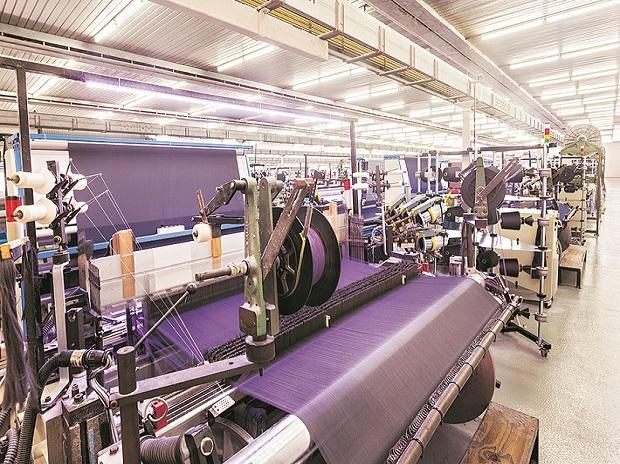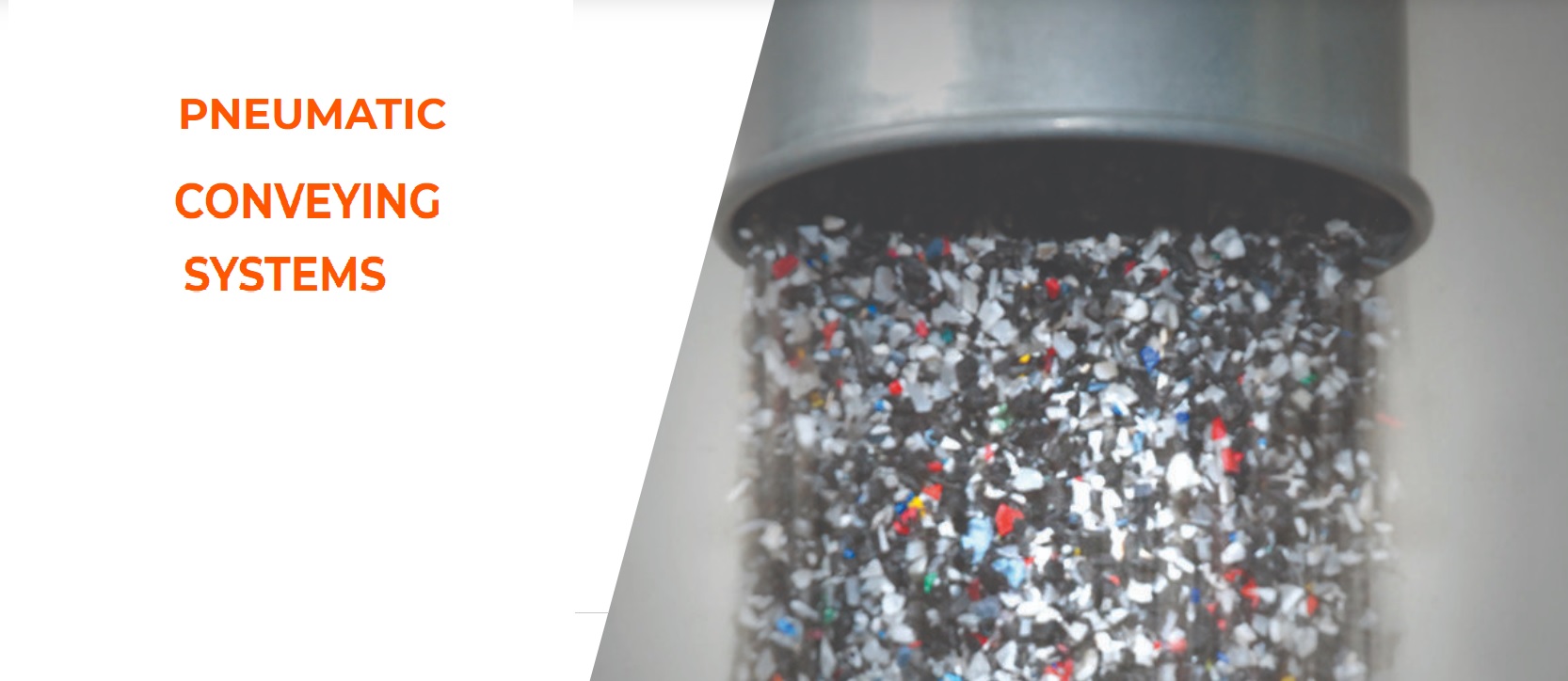Are you excited about finally starting your textile business? The textile industry is one of the largest and it has an impressive demand. To get started, there are many things to do like understanding the market, connecting with the right suppliers, doing research and of course, finding the right equipment.
Textile machines are critical to the operations of the business and productivity. Therefore, having the right equipment is key. As you shop for this equipment from textile machine manufacturers, this is what you need to keep in mind.
- There are different types of textile machines
There are different types of textile machines designed to perform different tasks in the fabric production process. That is why research is important. Before you reach out to any manufacturer, it is important to know what exactly you need.
Some machines are used for turning wool into yarn, thread winding, scutching and dyeing to mention a few. The different machines include ballers, fabric cutters, calendars, conveyers, dye presses and padres.
Take time to understand what the different machines do before you make a purchase. If you are not sure, you can involve an industry professional to help you choose.
- Standards
Note that textile machines are covered by ISO technical committee. If you want a safe to use and a properly-functioning machine, ensure that the manufacturer is compliant with the standards provided by International Organization of Standardization.
This will ensure that you the quality of machine your business needs.
- Cost
While the cost is an important consideration to make when buying a textile machine, you should never trade quality for it. Otherwise, the cost of ownership may end up being a lot. The cost should be a guide to help you get value for your money. Also, textile machines can be pricey. To ensure that you don’t overspend, a budget is important.
You can do comparison shopping and see the price for a machine from the different vendors and work with the one that works best for you.
- Materials
While most textile machines work well with different types of fabrics like cotton, lace and felt to mention a few. It is still vital to consider the types of fabrics or materials you will be working with. Note that cotton is one of the most common fabrics in the market and most machines will work for this.
Confirm with the manufacturer that the machine will handle the intended fabric adequately.
- Reviews
One of the easiest ways to know if you are making the right choice buying a machine from a manufacturer or vendor is to know the kind of experience other customers have had. You can visit the vendor’s or manufacturer’s website and see what people are saying about them and their products.
Positive reviews are a good sign that you will have a pleasant experience too.
Conclusion
Buying textile machinery is a significant investment that you cannot afford going wrong with. If you are looking to buy a textile machine, use the guide above to get a high quality product that will adequately support your operations.




